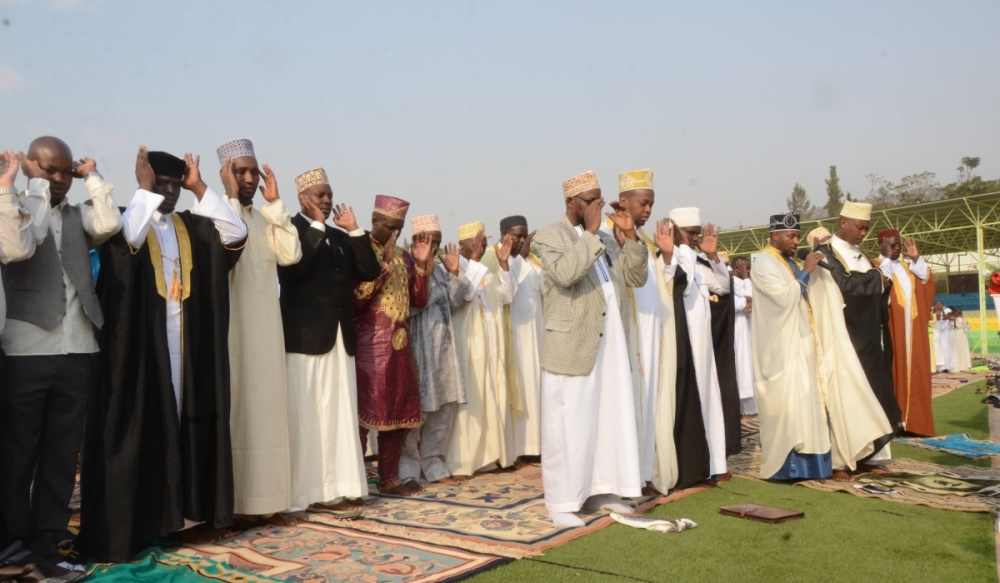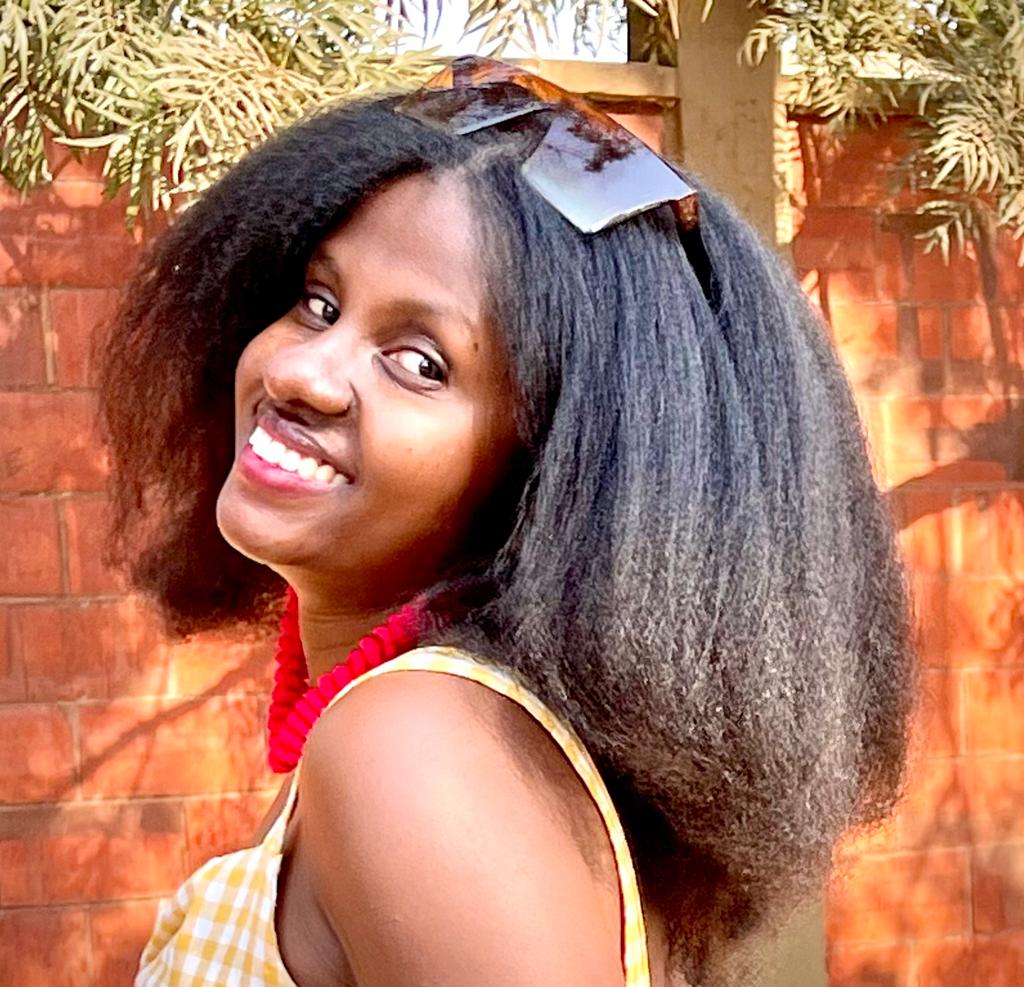

The Feast of the Sacrifice, also known as Eid al-Adha will be celebrated on Sunday, June 16, with the national prayer of the day being held at Kigali Pelé Stadium from 6 am, according to an announcement from the Rwanda Muslim Community (RMC).
The Mufti of Rwanda, Sheikh Musa Sindayigaya, will lead the prayers.
ALSO READ: Eid al-Adha: Muslims urged to grow in faith, participate in country’s devt
The government has also wished Muslims and all Rwandans a good festival of Eid al-Adha. Given that the celebration of Eid Al Adha will be on Sunday, the Ministry of Public Service and Labour informed employers and employees in the public and private sectors that Monday, June 17, will be a public holiday.
ALSO READ: A guide to understanding Eid al-Adha
Significance of Eid al-Adha
The Feast of Sacrifice is one of Islam's two most important holidays. It is especially significant because it marks the end of the annual Hajj or Pilgrimage to Mecca, celebrated in the final month of the (lunar) Islamic calendar.
The annual Hajj is the fifth "pillar of Islam” and is an obligation for all Muslims at least once in their lifetime if they can. Eid al-Adha is the pinnacle of the Hajj on the evening of the 12th day of the 12th month.
ALSO READ: 100 Rwandan Muslim pilgrims on RwandAir’s direct flight to Mecca
The holy day commemorates the willingness of Ibrahim (Abraham) to sacrifice his firstborn son Ishmael in faithful obedience to God’s command. In the version of the story found in Sura 37 of the Qur’an, God mercifully provides a ram as an alternative and Ibrahim sacrifices the ram instead of his son.
It is because of this that is customary on this holiday to sacrifice a goat, sheep, or cow and to give a portion of the meat for sustenance of the underprivileged.
Eid al-Adha is a jubilant and festive holiday that includes wearing new clothes, exchanging gifts, taking time off from school or work, and gathering with family for feasts of Thanksgiving.


